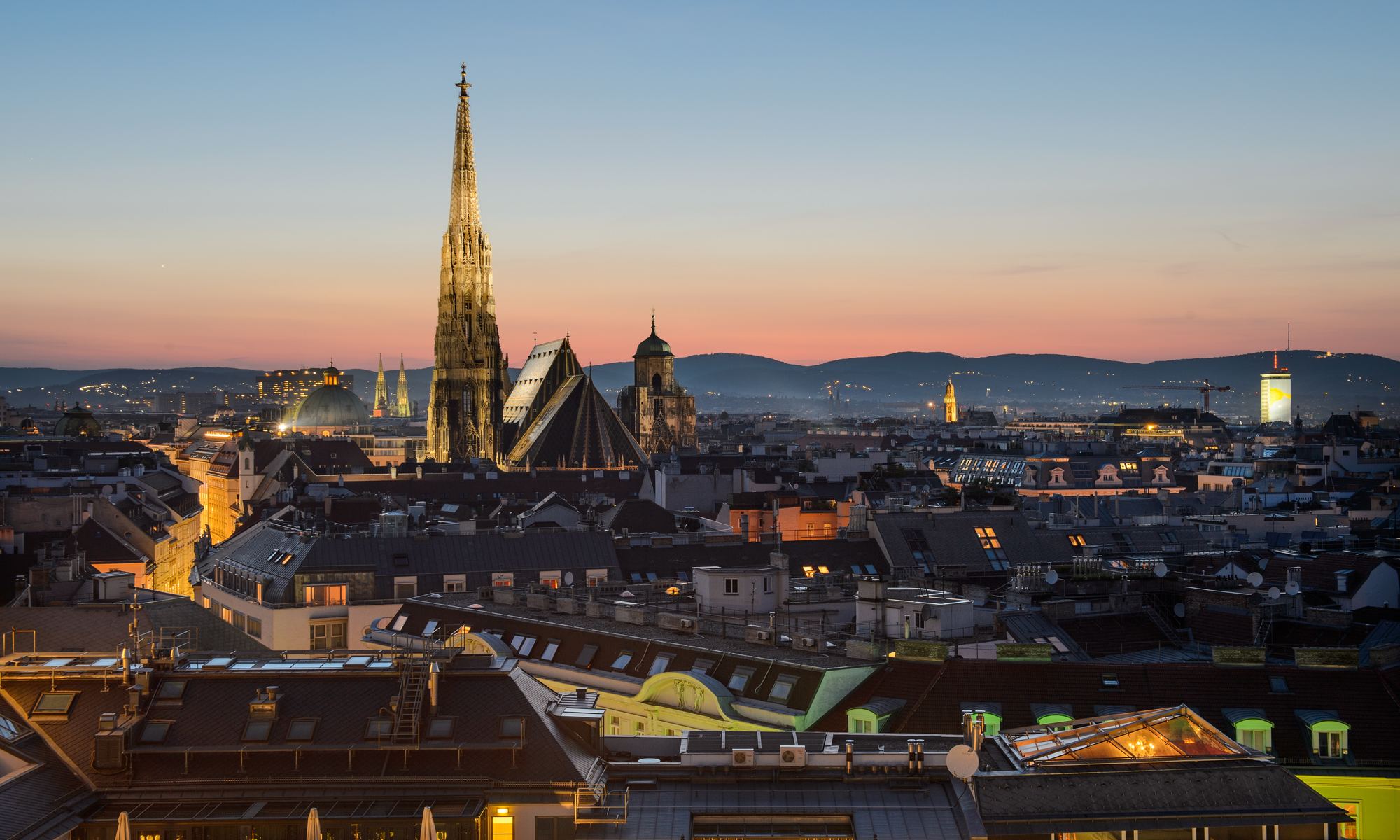
Freedom of expression and belief, associational and organizational rights, as well as personal autonomy and individual rights, are respected and the policies and laws that Austria issue reflect this.
History of social and civil rights in Austria
In 1948, the United Nations adopted the Universal Declaration of Human Rights. This served as the first document that states both basic and comprehensive human rights.
All of the rights stated in this agreement is valued by each member state.
Numerous mechanisms and policies have been developed throughout this time to protect social and civil rights both at the international and regional level.
United Nations have established Treaty Monitoring Bodies that review each of the member states and if they fulfill their obligations towards human rights agreements.
Additionally, each state has its own situational requirements depending on individual needs.
In 2011, Austria was declared as a member of the United Nations Human Rights Council. With this responsibility, they pledged to combat threats to women, human trafficking, and many other issues.
Let’s look at these structures of social and civil rights.
Social rights
Social rights in Austria are generally regarded as the equality and dignity that every human being should get.
The basic idea behind it is that every person has a dignity that should be respected. The government protects this dignity for every person out there no matter race or other distinctions. This concept is based on the shared values of all people.
These shared values are integrated into a legal framework in every country’s norms and standards. This regulation serves as the medium between state and the people that live in it.
Every state has an obligation to protect and respect this legal framework with setting appropriate legislation and measures.
Here are the main social rights that Austria protects and respects.
- Individual privacy;
- Living with a reasonable standard of living;
- Having food;
- Receiving health care;
- Be included in social and cultural life.
Civil rights
Civil rights ensure a person’s freedom from infringement by governments, other individuals, and social organizations.
Every person that lives in Austria enjoys rights that are protected by the government. This allows everybody to participate in the civil life of the society.
The main civil rights in Austria that are well respected are:
- Freedom of expression;
- Freedom of religion;
- Freedom to assembly and association;
- Freedom to move within the country, foreign travel, and emigration;
- Getting a proper education;
- Having a job, appropriate salary and free choice of employment.
Apart from the above-mentioned basic rights, Austria implements some more complex rights from the international human rights system.
In this way, Austria is ahead of many other United Nations countries. Together with other EU partners, Austria strengthens and develops human rights in many ways. For example, Austria was one of the first countries to sign the International Convention on the Protection of All Persons from Enforced Disappearance.
These are very important steps, but even with these measures taken, some issues arise.
Current social and civil rights situation in Austria

While Austrian leaders are elected in a fair manner and the press is free, many complex issues still arise from time to time.
This is the case in many countries since any regulation of social and civil rights is complex. In the past years, Austria has received several reports with statements that excessive force was used by police. Furthermore, there are some claims that society is discriminating against particular ethnic groups like Muslims and Jews.
Other reports claim violence against women and children as well as human trafficking. Sometimes there is an insufficient investigation into complaints about police treating minorities with violence.
Another major threat in social and civil rights in Austria is racial profiling. For example, there are targeted thefts that only occur in houses of those people, who belong to the racial minority groups.
All of these incidents have led Austria to act on protecting social and civil rights. And the first steps have been already made with their membership to the Human Rights Council.
Promotion of social and civil rights is one of the priorities for the Austrian government. Another priority is the maintenance of international peace and security.
Other issues that are posed as a priority on human rights protection within Austria are children’s rights, the safety of journalists, fight against racism, minority protection, freedom of religion, and human rights education.
Overall, all of these things and attempts to improve the situation makes Austria a generally safe country to live in. Of course, there is a larger threat for those who belong to minority groups.
But just as with any other news outlets, it is hard to tell whether what we are told is true. Some media outlets tend to manipulate information.
In general, one can trust media outlets, since Austria’s media atmosphere is quite stable. Press freedom is also greatly respected in Austria.
